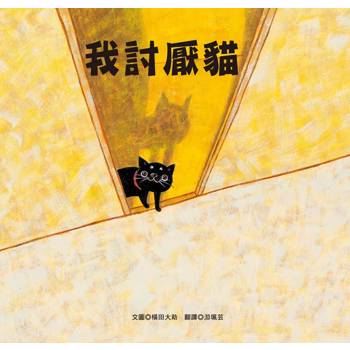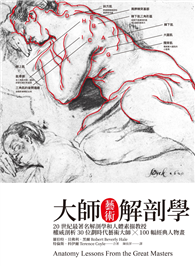"Experiment Station Work, Lxi" presents a detailed exploration of various agricultural topics, reflecting the research and insights of the United States Office of Experiment Stations. This compilation addresses practical issues faced by farmers and agricultural professionals, offering valuable guidance on optimizing crop yields and livestock management. Topics include an investigation into unusual versus standard fertilizers, best practices for feeding dairy calves, identification of disease symptoms in plants, methods for addressing defects in cottage cheese production, causes and prevention of premature fig dropping, construction and utilization of the Iowa silo, and an analysis of condimental feeds.
Each section provides practical advice and scientific observations, making this work an invaluable resource for anyone seeking to improve agricultural practices and understand the complexities of farming. This book provides a snapshot of early 20th-century agricultural science and offers insights into the challenges and innovations of the time.
This work has been selected by scholars as being culturally important, and is part of the knowledge base of civilization as we know it. This work was reproduced from the original artifact, and remains as true to the original work as possible. Therefore, you will see the original copyright references, library stamps (as most of these works have been housed in our most important libraries around the world), and other notations in the work.
This work is in the public domain in the United States of America, and possibly other nations. Within the United States, you may freely copy and distribute this work, as no entity (individual or corporate) has a copyright on the body of the work.
As a reproduction of a historical artifact, this work may contain missing or blurred pages, poor pictures, errant marks, etc. Scholars believe, and we concur, that this work is important enough to be preserved, reproduced, and made generally available to the public. We appreciate your support of the preservation process, and thank you for being an important part of keeping this knowledge alive and relevant.












